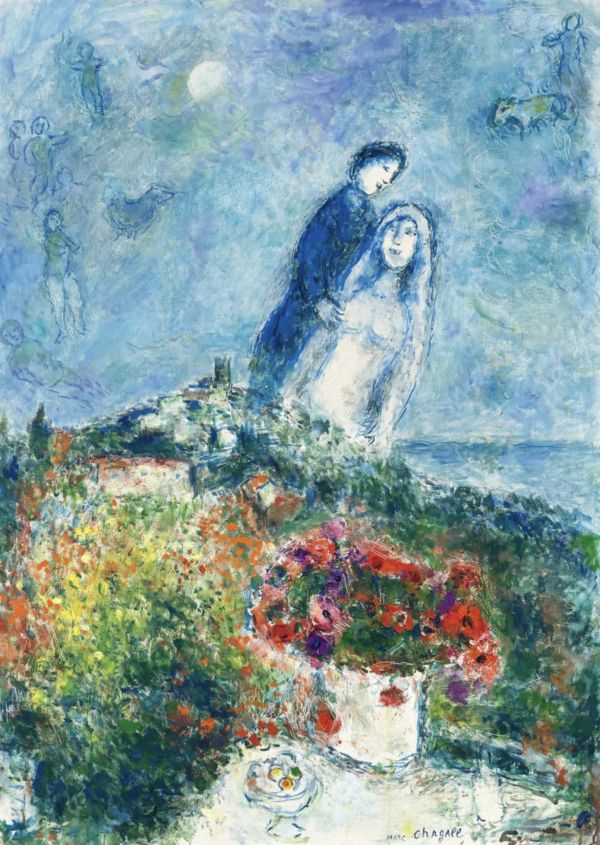(Mt 5:27-32)
In Semitic matrimonial law, woman was valued as property of her husband: she was not considered a juridical person, but a man’s possession, who could dominate her.
Also in the First Testament the adultery’ sin was evaluated as a sort of serious violation of the male’s right of property, as well as impurity of blood [the mixing of which was abhorred].
It may seem strange to our mentality, but this had greater weight than the same moral transgression.
Jesus instead reveals the value of the person as such.
He brings to the fore the sense of approaches and violations that harm and offend the existence of the weak.
Even introduces the announcement of equal dignity between man and woman.
Marriage is community of love, not union that can be dissolved by caprice and material calculation.
Situation that will eventually censor the defenseless woman - who then [abandoned] for a living will be condemned to suffer other violations of herself (v.32).
With sharp words, the Lord recalls the need for a harsh intransigence towards every pedestrian deviation of selfishness, which humiliates the innocent without safeguards.
To save love and give it vigour, the Master also proposes painful amputations. Making the most serious sacrifices can free the "strong" from his delirium.
An attraction without self-giving doesn’t express the person to the person, it’s the unripe fruit of wandering immaturity and leads to alienation.
The woman - that is, the weak and innocent, who loves more and seriously - is not a creature liable to mockery, nor reducible to possession, what, consumer good, only useful to the landlord.
Albertine Tshibilondi Ngoyi writes as follows:
«The African woman is neither a reflection of the man nor a slave. She has no need to imitate man in order to express her personality. She secretes an original civilization with her work, her personal genius, her concerns, her language and her customs. She did not allow herself to be colonized by man and by the prestige of male civilization».
To internalize and live the message:
Do you have a look that opens the door to betrayal? Don’t you think it manifests in action a lightness of approach and a poor choice of life?
Don't you think that the disintegrated heart is a sign of a deeper restlessness and dissatisfaction, which goes beyond moral infidelity?
Do you reflect on how to invest the energies that travel your call and mission?
[Friday 10th wk. in O.T. June 14, 2024]












